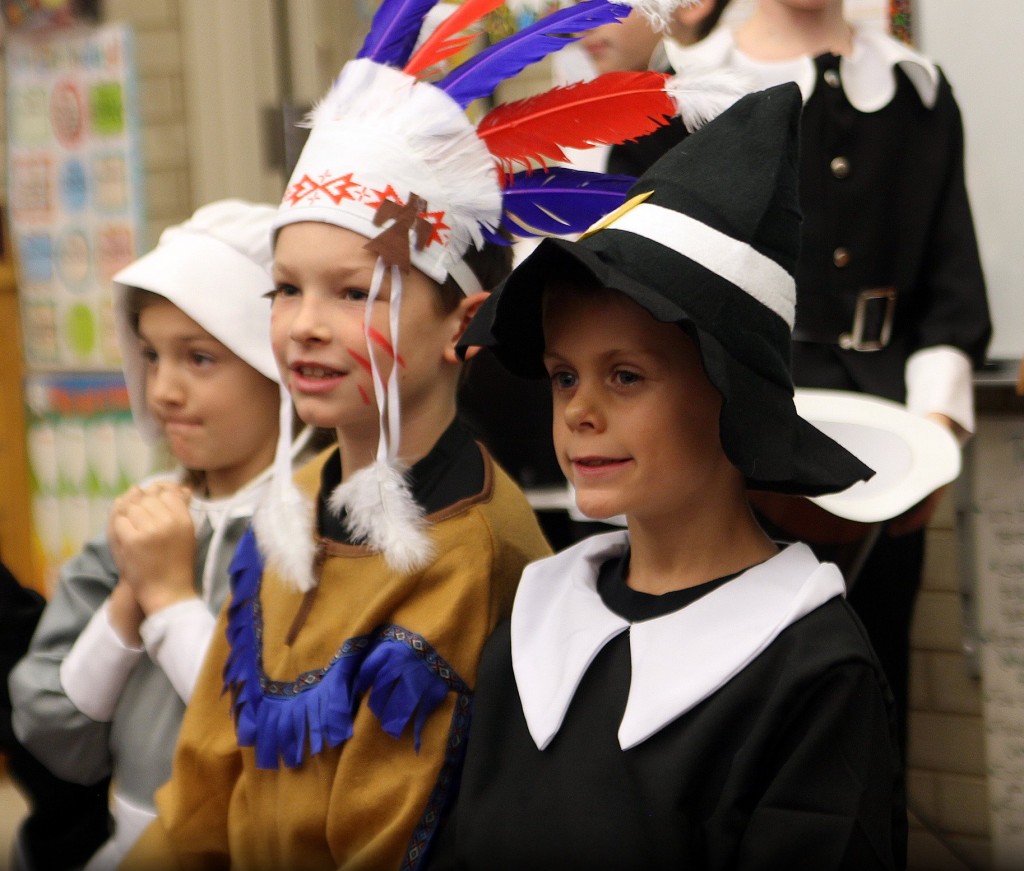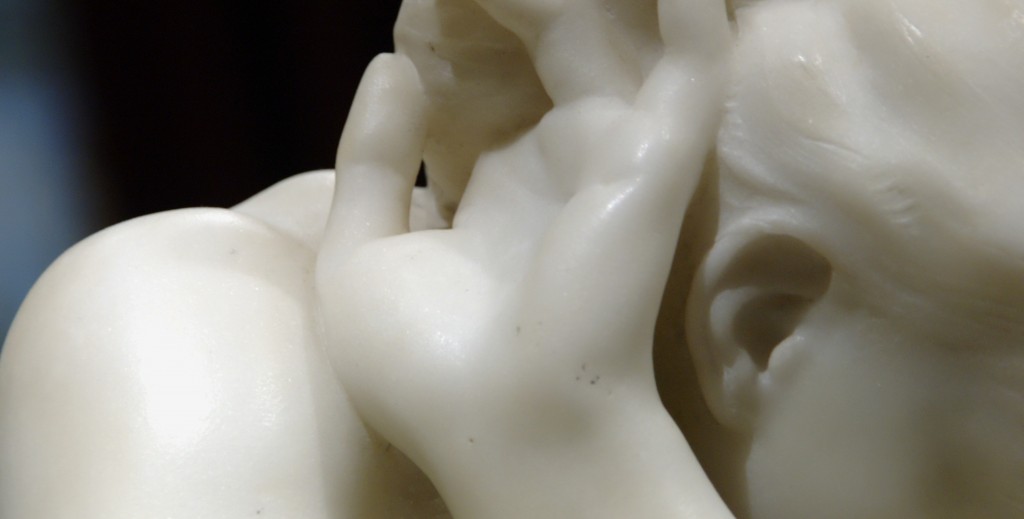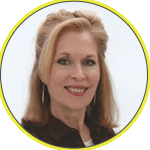
Opening Your Mind to Promote Peace and Health

by Mimi O' Connor
Photo Credit: Takomabibelot, via Flickr Creative Commons
I heard a beautiful piece of music that the renowned Israeli conductor, Daniel Barenboim, performed in 2011 in Palestine with musicians from all over Europe. He is somewhat of a controversial figure, well-known for his reconciliation efforts in the Middle East. After playing, he said to the audience: “We came today, not only to give you solace and maybe pleasure in listening”, but also to say… “we have been called the Peace Orchestra…but let’s face it, my friends, peace will come, not through music alone, but through understanding—through being open to each other’s narrative.”
Without denying our differences, we can strive to make more conscious choices to foster connection
The journey toward the healing of conflict between individuals and nations alike begins, as he suggests, with inclusion. To be open to each others’ stories is the foundation of respect that we are all looking for. It says, “I will hear you out…I am listening… I welcome that you will listen to me as well… we both deserve this respect.”
Without denying our differences, we can strive to make more conscious choices to foster connection. This means perhaps asking a few connecting questions, listening a bit longer and deeper, and offering an invitational posture rather than a confrontational or dismissive one. For our health and well-being, it is imperative for us to become more aware of the ways in which we are choosing to willfully remain separate from others, and therefore creating unnecessary and unhealthy places of loneliness and isolation, within us and between us.
In a small but significant way, I experienced this first hand at a visit that I had with one of my doctors recently. I see him once a year for a check-up. He has taken careful, thoughtful care of me for some time. I appreciate him. But every time I see him, at some point, he inserts his political views (which are the polar opposite of mine) into the conversation. I have never liked this habit of his (that’s putting it mildly). Believe me, I have more than considered “straightening him out” on an issue or two (or a hundred), over the years. On a few occasions, I’ve even have attempted to do so. After all, I’m no stranger to discourse. However today, in anticipation of seeing him, and with conductor Barenboim’s words fresh in my mind, I decided to simply observe my own thoughts and reactions when began he began to preach (which he did, of course).
Here is a partial list of what I noticed: I noticed that he has well thought-out opinions and has never forced them on me. I noticed that I actually admire his willingness to speak his truth in the world, not worrying whether anyone agrees or disagrees. I noticed that in my zeal to “correct” him, I stop listening to him, missing most of what he was saying, while I silently prepared my rebuttal.
By simply accepting him as he is, I felt better this time, rather than trying to change or control him. It turned out to be a fruitful “check-in” for me. It reminded me of the importance of hearing the truth of the person in front of me first, opening up to their narrative, and letting everything else be background music. I realized more clearly than ever that the barriers we often feel between ourselves and another are triggered by our reflexive reactions rather than what the other person is saying or doing or not doing. Oh yeah, and my “check-up” went well, too.
Do you find it difficult to hear another’s opinion that you do not share? When you’ve been able to open up to another’s opinions that you do not share, what has surprised you?
Contributed by
Better Health Begins With You...
Have something to contribute?
-
Bob Parker November 1, 2014
Yes, it’s difficult.
When you’ve been able to open up to another’s opinions that you do not share, what has surprised you?
I can’t remember any such experience.
God help me. -
Mimi O’ Connor November 1, 2014
Appreciate your honesty, Bob. And you are so right…it IS difficult. Even considering it is a step in the right direction.
Up Next for You


Why Choosing Optimism Helps You Bounce Back






